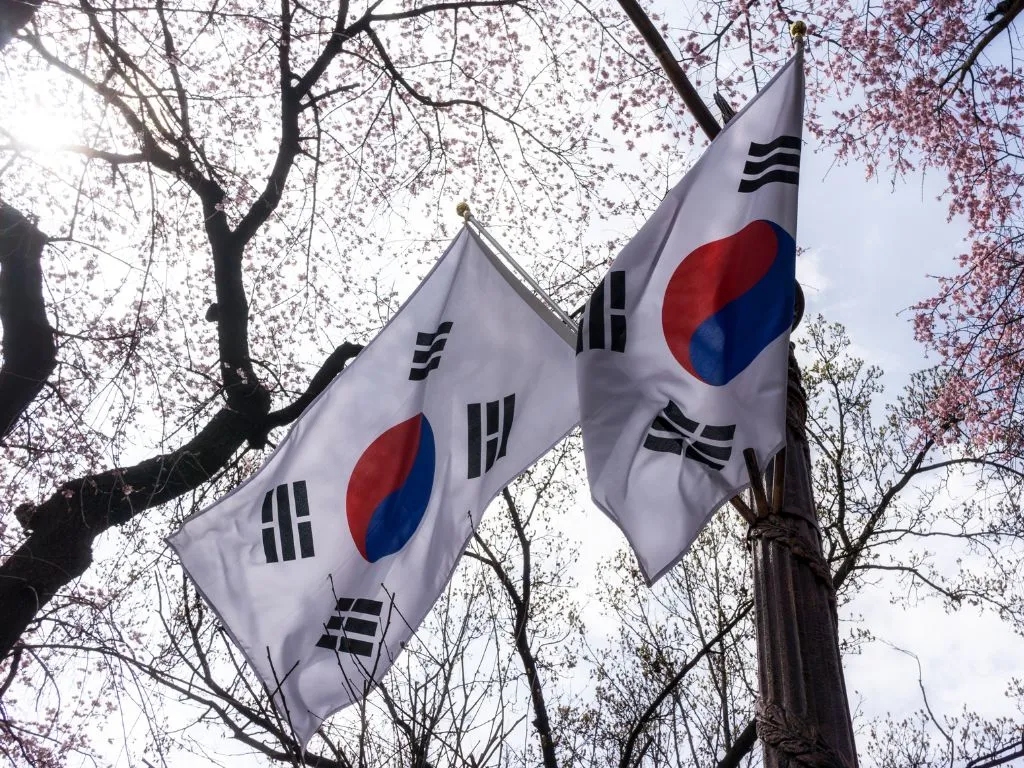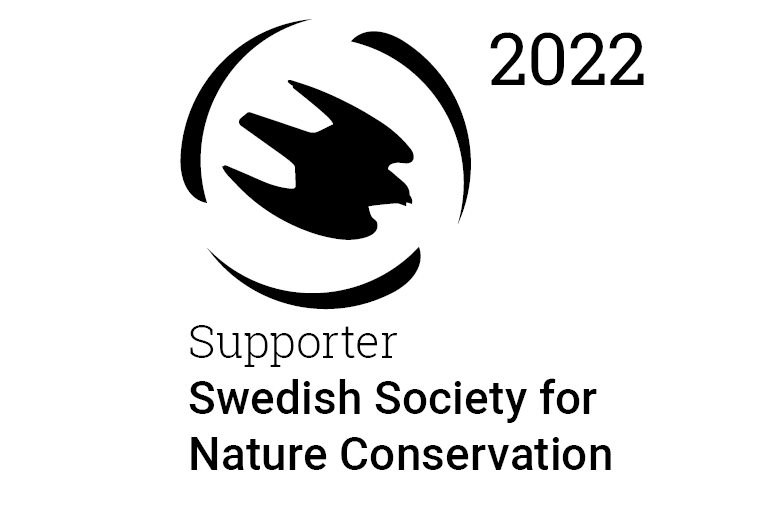- Home
- News Details
News Details

South Korea’s National Assembly Passes Five Environmental Bills: Strengthening Chemical Management and Greenhouse Gas Reduction
2024-03-26 Reference source : MOE
Chemical industry Environment South Korea
On January 9, 2024, the South Korean Ministry of Environment announced that five environmental bills had been passed by the National Assembly. These bills aim to improve the registration and management of chemicals and adjust the trading of greenhouse gas emission rights. The main contents are as follows:
-
Act on Registration and Evaluation of Chemical Substances (K-REACH) and Chemical Substances Control Act (CCA):
-
Adjusted the registration standards for new chemical substances to international levels and reformed the toxic substance designation system to rationalize chemical management.
-
Raised the registration threshold for new chemical substances from 0.1 tonnes per year to 1 tonne, and substances without toxicity information are presumed to be harmful, thereby strengthening management responsibility.
-
Classified toxic substances into acute human toxicity, chronic human toxicity, and ecological toxicity for management.
-
Act on the Allocation and Trading of Greenhouse Gas Emissions Permits:
-
Set the ratio of emission permits to be allocated free of charge, considering the conditions for reduction of greenhouse gases in sectors and industries and established the grounds for the gradual expansion of the ratio of paid allocation.
-
Introduced measures to activate the market for emission rights trading and encourage corporate investment in greenhouse gas reduction.
-
Act On Water Management and Residents Support in the Nakdong River Basin:
-
Clearly defined in the Act the types of resident support projects to be funded by the Water System Fund, including the installation of housing infrastructure and medical facilities.
-
Administrative Legal System Innovation Act for the Geum River Basin Water Management and Resident Support:
-
Improved the conciseness and uniformity of the administrative legal system and promoted citizen-centered administrative law operations by aligning various presumptions of approval and objections to dispositions with the Basic Administrative Law.
The Ministry of Environment will make every effort to prepare subordinate legislation and provide advance guidance to ensure timely implementation of these bills. These bills are expected to contribute to the safe management of chemicals, the reduction of greenhouse gases, the resolution of environmental policy conflicts, and to reflect the voices of industry.
We acknowledge that the above information has been compiled from MOE.
Global Product Compliance (GPC) specializes in Global Regulatory Compliance Solutions across sectors
globally. SSS Europe, a familiar name in chemical regulatory and compliance services now formally belongs
under the umbrella of GPC Holding Sweden.
Since 2008, we have emerged as one of the leading names among Global Regulatory Compliance Service
Providers with Representation services in Europe, Asia and Middle East for respective chemical
regulations.


